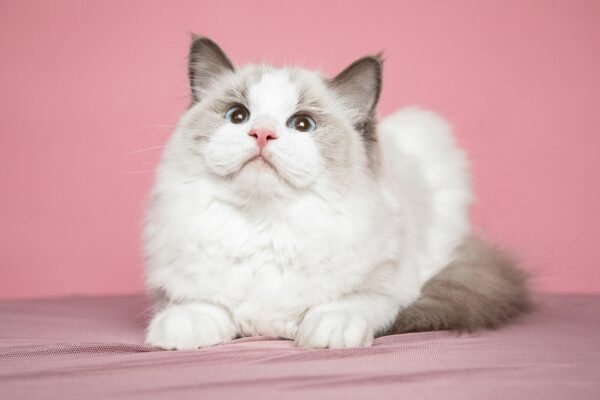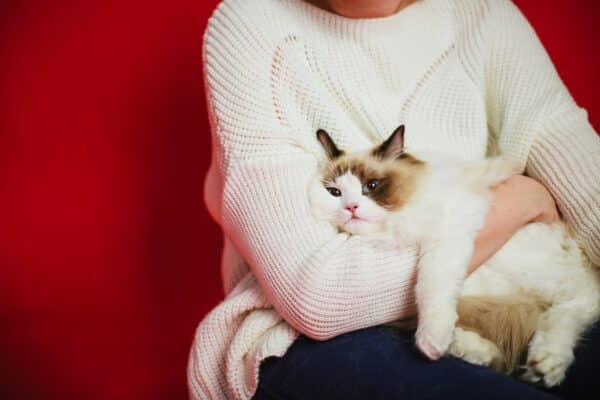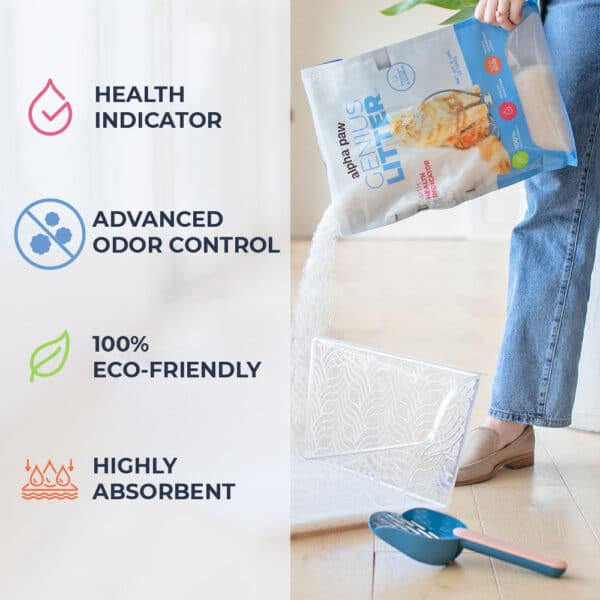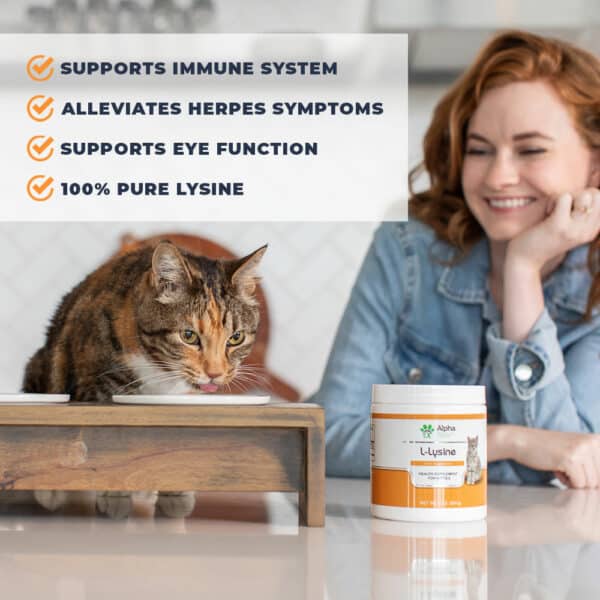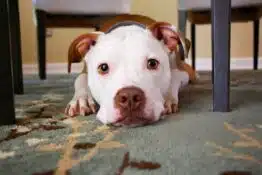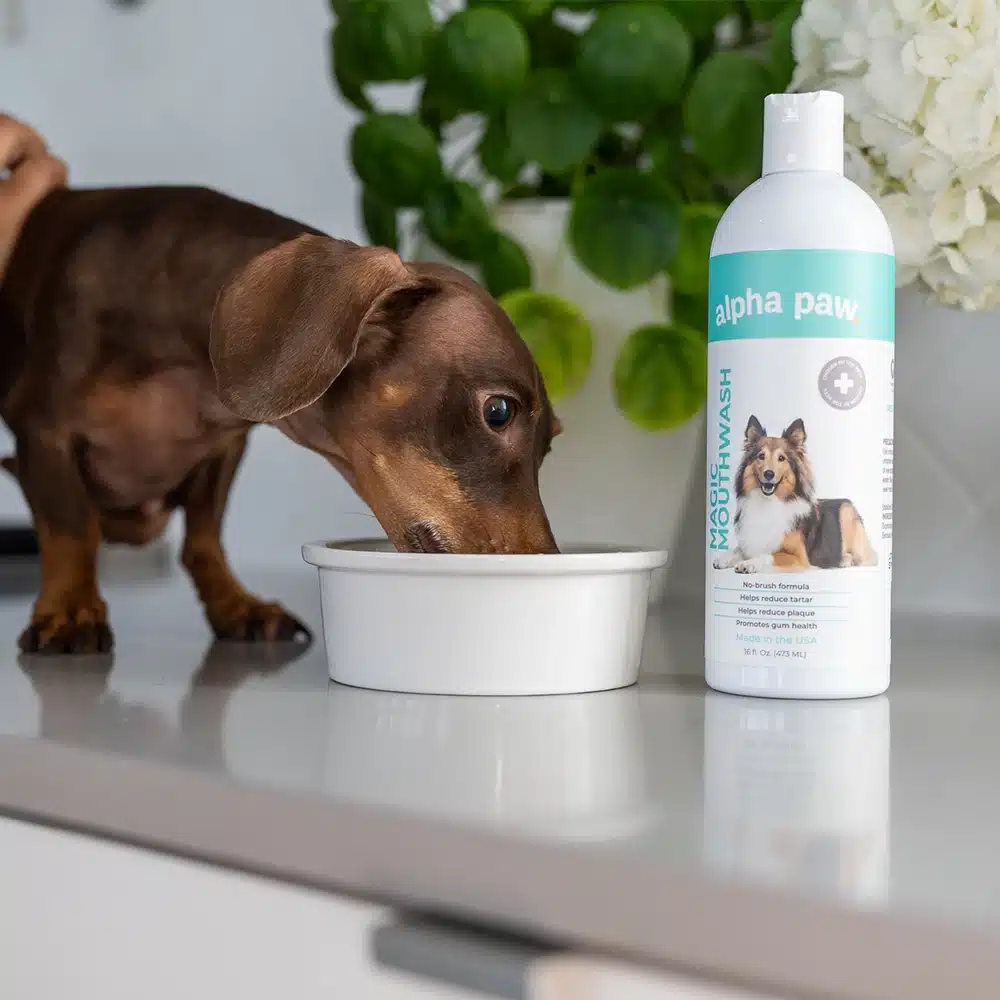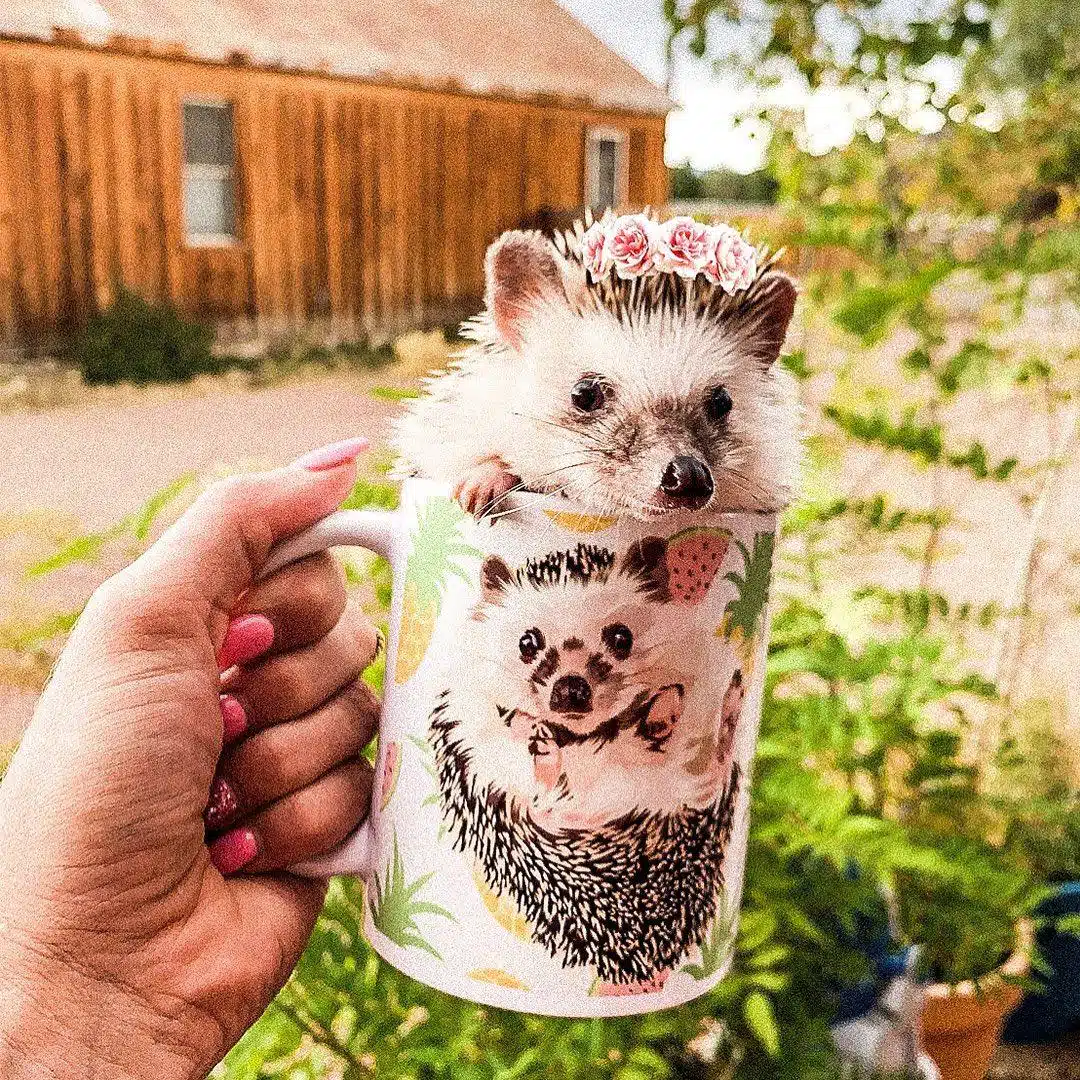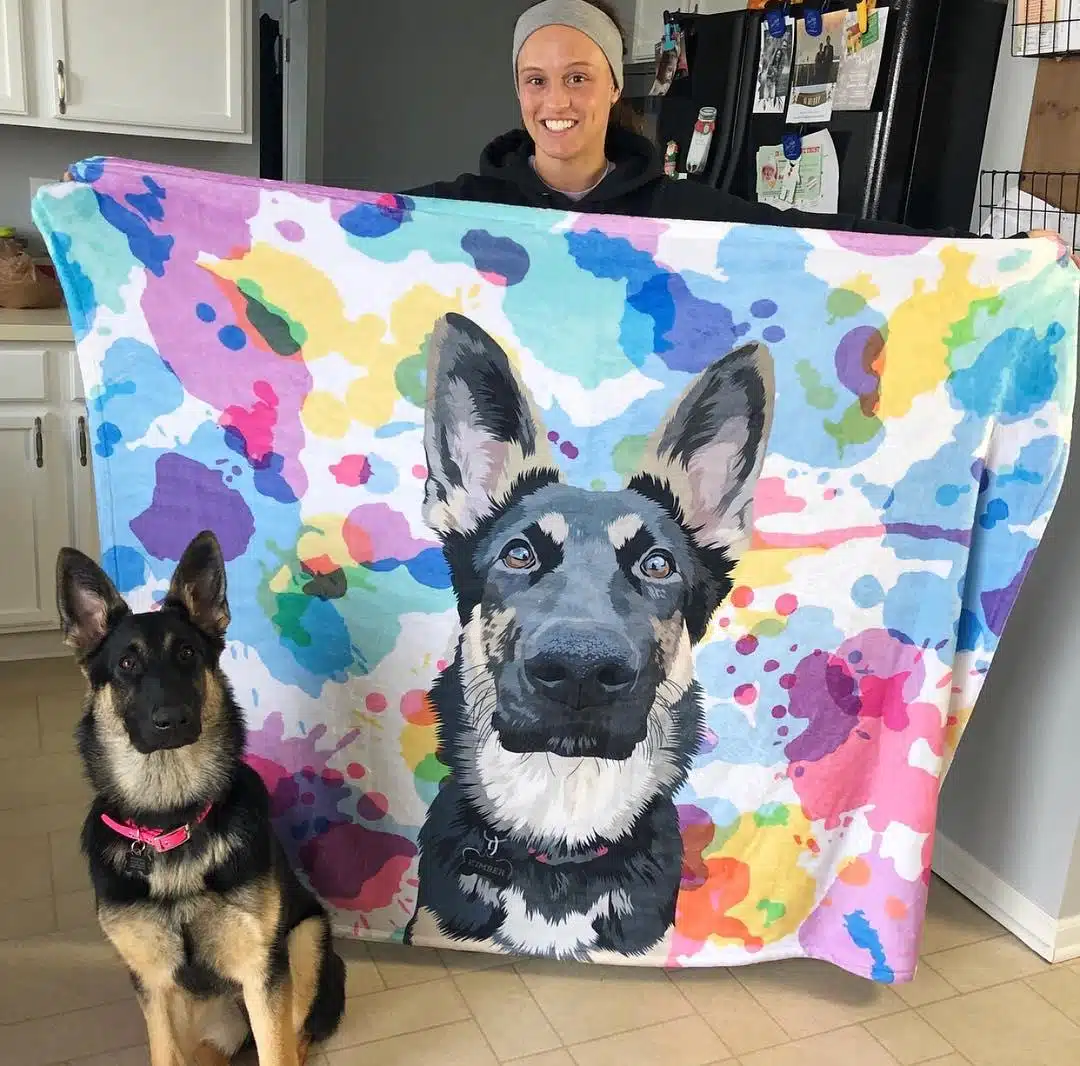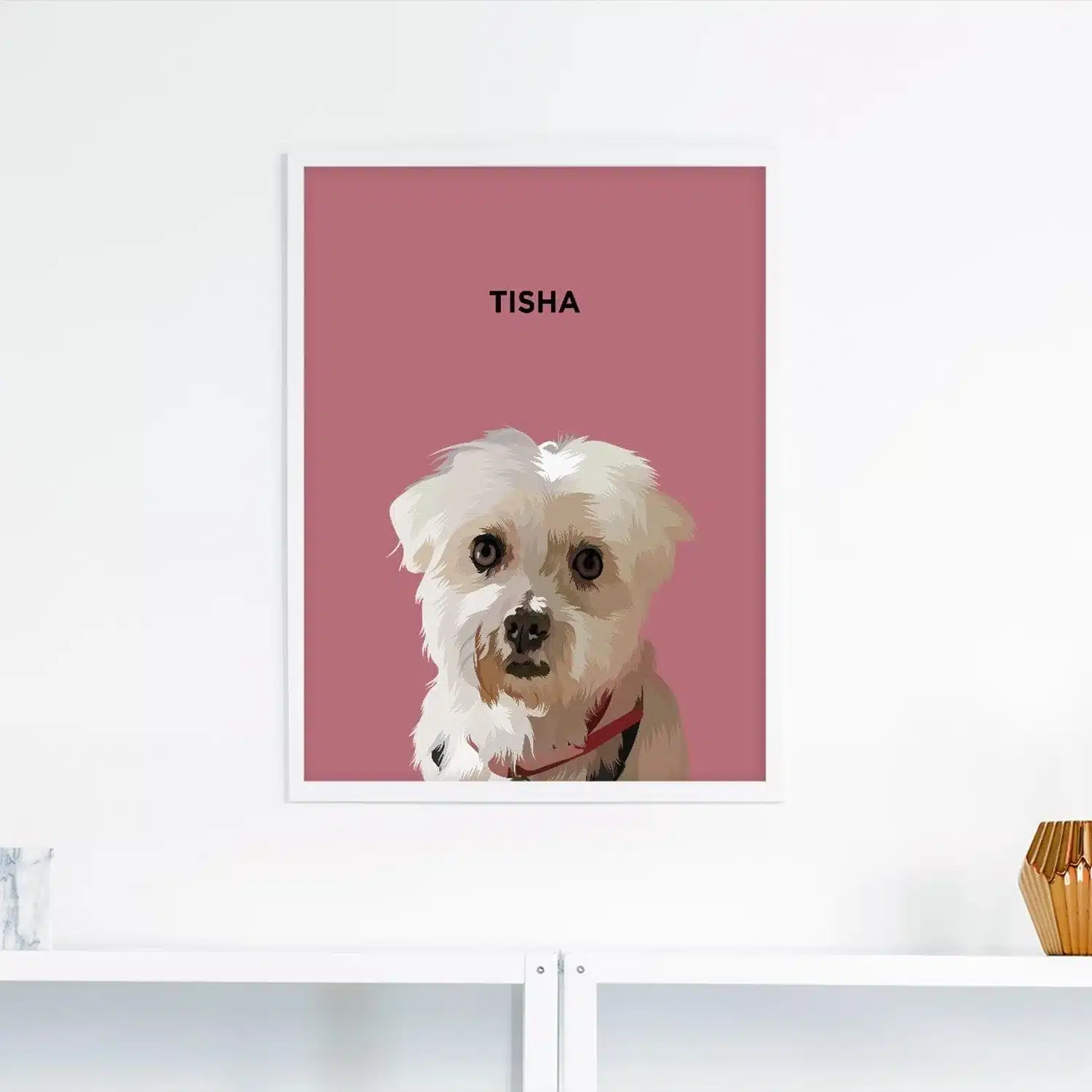Ragdoll cats are one of the most lovable and affectionate breeds in the cat world. They are known for their calm and relaxed nature, making them an ideal pet for just about anybody.
When considering adopting a Ragdoll cat, one of the questions potential owners will often ask is, can Ragdoll cats be left alone?
There isn’t a straightforward answer to this question. In most cases, it depends on certain factors such as the environment, temperament, or age of your cat.
If you have concerns about leaving your cat alone, read on to learn more about the pros and cons of leaving your Ragdoll cat alone and whether or not it’s safe to leave them at home for long periods of time.
Can Ragdoll Cats Be Left Alone?
Ragdoll cats are known for their gentle nature and affectionate disposition. The temperament of a Ragdoll is different from most other breeds because of their extra need for companionship.
As a result, it may be more difficult for Ragdoll cats to deal with being alone. However, you can leave a Ragdoll at home during the day while you go to work if necessary as long as they have food and water available to them.
How Long Can Ragdoll Cats Be Left Alone at Home?
As Ragdoll cats sleep during the day and are mostly active at night or early in the morning, you can leave them alone for 8 to 12 hours without any trouble. If left alone for more than 12 hours, your Ragdoll may experience boredom or loneliness.
If this is the case, try providing your Ragdoll with toys and a comfortable sleeping spot to help combat boredom and sadness.
Remember:
Never leave your Ragdoll alone for more than 24 hours because this can lead to separation anxiety or even destructive behavior.
What is Separation Anxiety?
Separation anxiety is a condition that can develop in pets that are often left alone for extended periods of time.
There is a lot of energy and social interaction in ragdolls. If they don’t have anything to keep them occupied when left home alone, they can develop separation anxiety.
Common signs of this condition are:
- Avoiding You
- Hiding Away
- Being Aggressive
- Over-grooming
- Not Eating
1. Avoiding You
Ragdolls usually provide you with plenty of attention and playtime, but suddenly they become resentful and ignore-ant, which is probably a sign that they are stressed.
The cat will first display disapproval through persistent crying or clinging. But after time passes, they’ll stop seeking any form of human interaction.
We recommend that you consult with a veterinarian to find out why your pet is so stressed out and how best to remedy the situation before things get worse. In the meantime, provide lots of love and cuddles while they’re still willing to accept them.
2. Hiding Away
When your cat is showing signs of separation anxiety, he or she may not come out of hiding or will hide under the bed or other furniture where he or she feels safe.
It may also become aggressive, hissing, or scratching when approached. You may find it hiding in a closet, behind curtains, in the basement, or even in the attic.
3. Being Aggressive
Typically, a ragdoll is playful, but this can be changed under high levels of anxiety or social deprivation.
Signs of this include meowing excessively, making a mess around the house, destroying furniture or curtains while looking for something to play with, and not eating or drinking during that time period because they’re so focused on finding something else to do.
4. Over-grooming
When it comes to over-grooming, the cause is often stress-related like anxiety. Cats are incredibly sensitive creatures and they can sense changes in their environment.
If you have recently kept your cat away or haven’t given much attention to him/her, your cat may be feeling anxious and as a result exhibit signs of over-grooming.
Watch out, because this might lead to:
- Sore patches on the skin
- Hairball issues
5. Not Eating Food
One of the more serious side effects of separation anxiety is when your cat stops eating. Cats may stop eating when they are stressed or anxious, and that can be a sign that they are experiencing some form of separation anxiety.
A cat that does not eat for more than 24 hours can suffer severe health consequences, including:
- Rapid weight loss
- Lethargy
- Liver damage
What is the Best Way to Deal With Ragdoll Separation Anxiety?
There are many ways to help your kitty feel safe when you are away, just find the one that works best for both of you.
- Train Your Cats
- Companion
- Visitors or Pet Sitters
- Scented Memories
- Turn on the TV
- Interesting Toys
- A Window Perch
1. Train Your Cats
Ragdolls are known for their laid-back nature and even temperament. However, it is important to note that all animals have a fear of being left alone.
The best way to train your cat about separation anxiety is by gradually increasing the time they spend away from you in increments. You can do this by leaving them home for 15 minutes, then an hour, then two hours, etc. This process is called habituation.
2. Companion
Cats are social animals and they hate being on their own. A great way to avoid separation anxiety is by making sure your cat has a companion that stays home with them.
The perfect pet for this job would be a dog because cats and dogs have been known to get along well together.
There is also the option of adopting another cat for your furry friend. However, some cats do not like being around other feline friends.
3. Visitors or Pet Sitters
It can be difficult for many cat parents to leave their beloved pets at home on their own. This is where a pet sitter or even a visit from a friend or family member can come in handy.
A pet sitter will stop by your house and take care of the needs of your cat, including playtime and feeding.
A friend or family member who lives nearby can also stop by for an hour or two and hang out with your kitty to keep them company while you’re away.
4. Scented Memories
Your Ragdoll may enjoy objects that remind him or her of you. Some Ragdoll owners keep clothes laying around or even fill a pet bed with things that carry your scent, to make their feline feel like you are with them.
5. Turn on the TV
There are ways that you can train your ragdoll cat to watch TV so they don’t experience the stress of being home alone. The way this works is by having the TV on for them while they’re home and then gradually leaving it on for them for more and more hours each day until they are able to be home alone with the TV on.
6. Interesting Toys
Try getting your cat a few interesting toys when leaving the house in order to create a more positive environment while you’re gone.
A lot of times, cats don’t feel comfortable if they don’t have something to do, so this is a great way to keep them busy and entertained.
You can even buy some interactive toys for them, like ones that require treats or balls with bells inside of them so that they can play with their toy and get it out of their system before you return home.
7. A Window Perch
Another idea is to provide your cat with a window perch, which would give him/her a view of the outside, yet not let them wander outside and possibly get lost. In this way, the cat will feel connected with the outside world and not completely isolated.
Can Ragdoll Kittens Be Left Alone?
If Ragdoll kittens are still in their kitten stage then it is not advisable to leave them alone. They need care and attention for at least six months before they can be left alone.
During this period of time, you can train them with basic commands and training. Once the kittens are grown up, then you can leave them home alone for short periods of time or when it is necessary to do so.
Key Takeaways
- It is possible for a Ragdoll cat to handle being left alone for a few hours.
- The cat needs food, water, and fresh litter when it is home alone.
- From kittenhood, teach your cat how to cope with separation anxiety.
- If the cat is not used to being by itself, it can get lonely or bored and may start chewing on furniture or other items in the house.
- While you are away, you can leave your cat with a pet sitter or a family member.
- Make sure that your cat has been spayed or neutered before leaving him/her home alone for an extended period of time because cats in heat will have an increased urge to roam outside of the house and may stray from their usual path of movement within the house which can make them more susceptible to danger.
- Consult with your veterinarian about the appropriate frequency, duration, and conditions under which your cat should be left home alone. Your vet will also determine whether or not there are any health issues that could interfere with staying at home.
Pro Tip:
It can be very stressful and concerning when a beloved pet is not feeling well, so it’s worth it to get pet insurance to make sure you can cover the veterinary bills.
Importance of Pet Insurance
Pet insurance is a great way to protect your animal’s health. It can be hard to predict when an accident will happen, but with pet insurance, you’re covered.
There are a few different types of plans depending on your needs, and it only takes minutes to get coverage for your pet.
Some pet insurance companies will even cover 100% of veterinary expenses. So make sure to choose the best pet insurance plan for your furry friend.
Once you have a plan in place, vet bills will never be too high because they’ll already be covered by the policy.
It’s important that we all take care of our animals’ safety and well-being so they can enjoy their lives just as much as we do ours.
What Makes Genius Litter Different from Ordinary Litter?
Say goodbye to hauling heavy bags and hello to easy Genius Litter.
With our innovative non-clumping litter formula, you’ll need less of it. One bag of our disposable Genius Litter lasts up to a month, so you won’t need to refill the box as often and can save money on monthly costs.
One thing that separates us from traditional litter is that Genius Litter changes color to indicate when your cat has a potential health issue, so you can get them help before it becomes an urgent medical situation.
All you need to do is set up a delivery date with us each month, and rest easy knowing that Genius Litter will arrive at your doorstep every 30 days.
For a convenient solution for your cat, try Genius Litter today!
Why is Lysine so Important for Your Pet?
Protect your pet’s immunity!
Have you noticed that your cat is coughing, sneezing, and having rapid breathing? Or maybe he/she has been scratching more than usual?
These are all signs of a weakened immune system. One way to prevent this from happening is by using lysine supplements.
Lysine plays a key role in your pet’s immunity because it helps to regulate the immune system.
Without enough lysine, your pets will be more susceptible to illness because their immune system can’t fight off infections as efficiently.
When they are sick, they will also be less able to absorb nutrients and make use of other supplements that can help them feel better.
Give your pet the support they need. Our Lysine supplement provides essential amino acids to help support a strong immune system.
Order now to get 300 one-scoop servings or 150 two-scoop servings and don’t worry about expiry!

